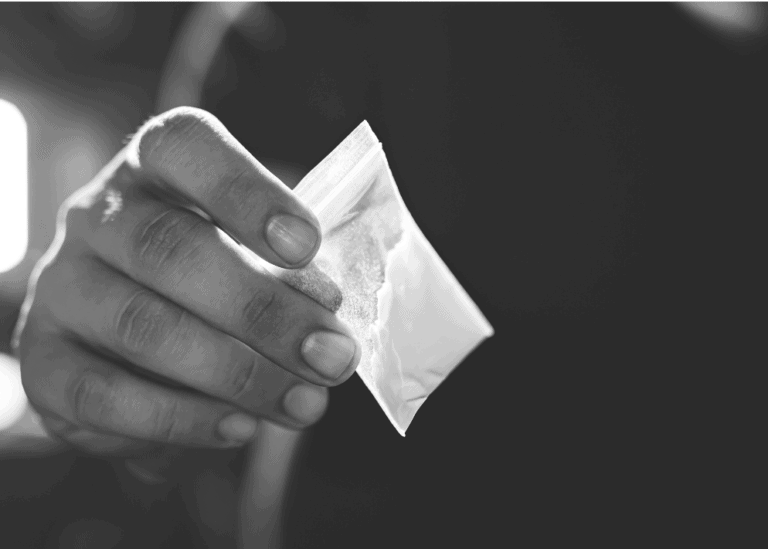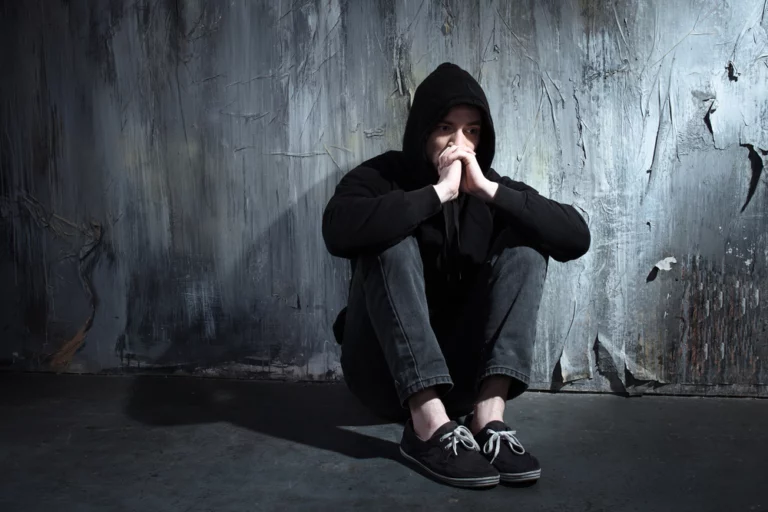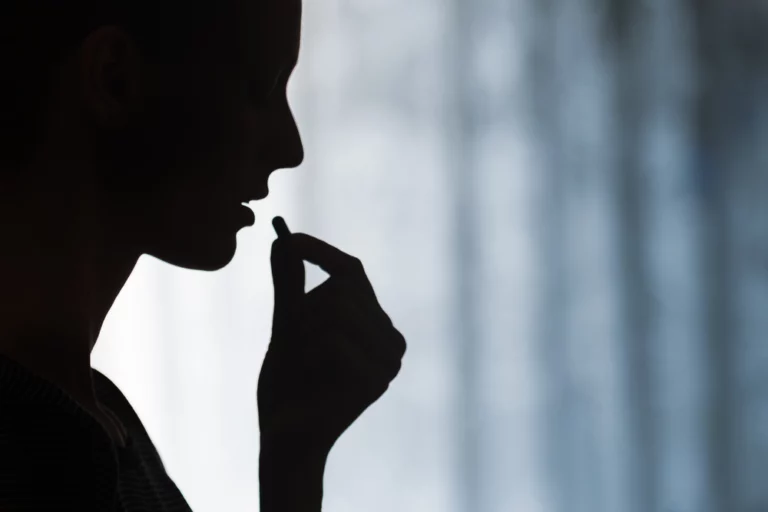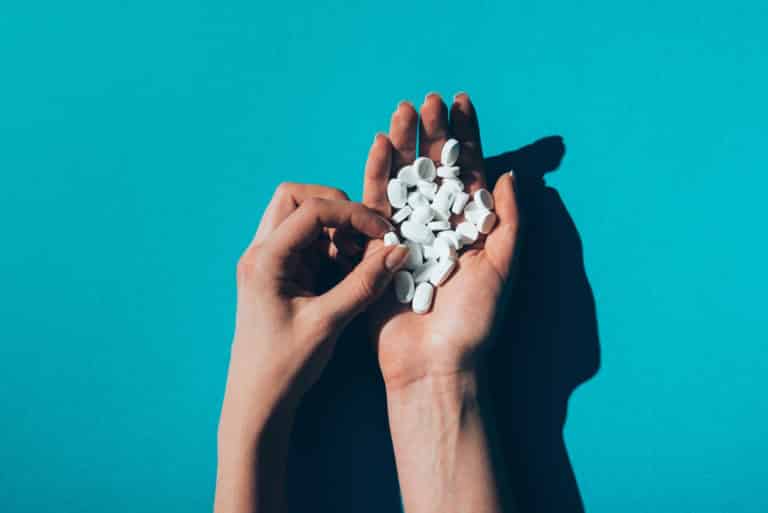In the recovery community, gateway drugs are a highly debated topic. While many argue that there’s no such thing as a gateway drugs, others believe that trying out these types of drugs can lead to more serious drug use. However, any addiction, even to so-called gateway drugs should be taken seriously, even if the user never progresses to more serious or severe substances. Any addiction is still an addiction and should be treated as such.
However, there are some drugs that may be considered “gateway drugs”. These drugs are either seen as socially acceptable and may easily translate to more severe drug addictions or start as prescriptions.
1. Nicotine
Nicotine is one of the most socially acceptable drugs to use, especially with the accessibility of e-cigarettes and vape devices. Using nicotine, whether it’s from a vape or a real cigarette, often becomes a part of a person’s everyday routine. When users go a day without having nicotine, they begin to experience withdrawals, such as headaches and cravings.
Because nicotine shares many similarities to other drugs in the way that users experience a high, crash, and cravings, it can set people up for addiction.
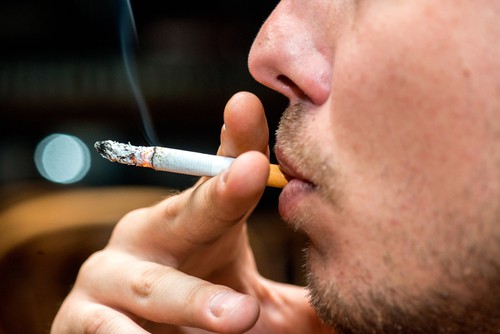
2. Marijuana
Marijuana is highly debated within the recovery community. While some use it as a way to stop using harder drugs, others believe that’s is a gateway drug in itself. Unfortunately, there isn’t a solid answer when it comes to the use of marijuana, and it depends greatly on the user. For the most part, the casual use of this drug can lead to users becoming more comfortable with the use of gateway drugs, seeing other (more serious) drugs in a less harsh light.
Many people have concerns about the use of marijuana, which is why many states continue to ban it for recreational use. While it does have some benefits, it can still be considered a gateway drug overall.
3. Alcohol
Like nicotine, alcohol is one of the most socially acceptable gateway drugs. While it can be considered a gateway drug, alcoholism is one of the most common types of addiction. On its own, alcohol addiction is also dangerous, causing serious withdrawal symptoms and side effects when users try to quit on their own.
However, for some, alcohol acts as a gateway drug. When alcohol no longer gives them the high, drunk feeling they’re after, users switch to more serious and severe options. Like marijuana, the casual use of alcohol may alter users’ perspectives on drug use.
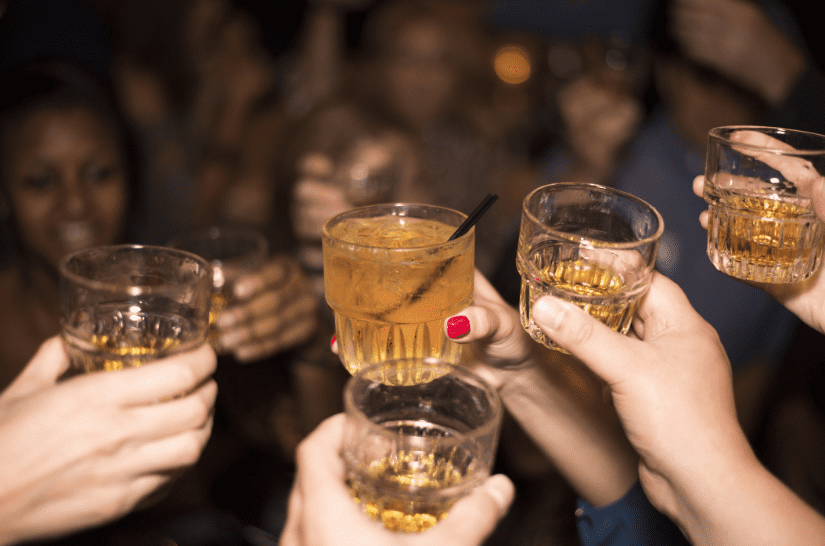
4. Ecstacy
Ecstasy and other party drugs like LSD, mushrooms, and more are often seen as “harmless” within certain communities. People who frequent music festivals and clubs often use these drugs on occasion, making them seem harmless in the long run. Unfortunately, that’s not the case. People who use these drugs occasionally are still at risk of developing an addiction.
Casual drug use, in general, is dangerous and can alter one’s mindset, making users think it’s okay to use these more serious drugs even if they aren’t doing it all the time.
5. Benzodiazepines
Benzodiazepines are a more serious drug, but they fit into the gateway drug category because they’re often used to treat anxiety disorders like panic attacks. Patients who start using benzos can develop an addiction without even trying. When their prescription is taken away, they may turn to other, more dangerous street drugs in order to avoid the withdrawal symptoms associated with stopping benzo use.
The same can be said about other prescription drugs, like opioids. Patients don’t seek out addiction in these cases, but using these drugs can increase their risk.
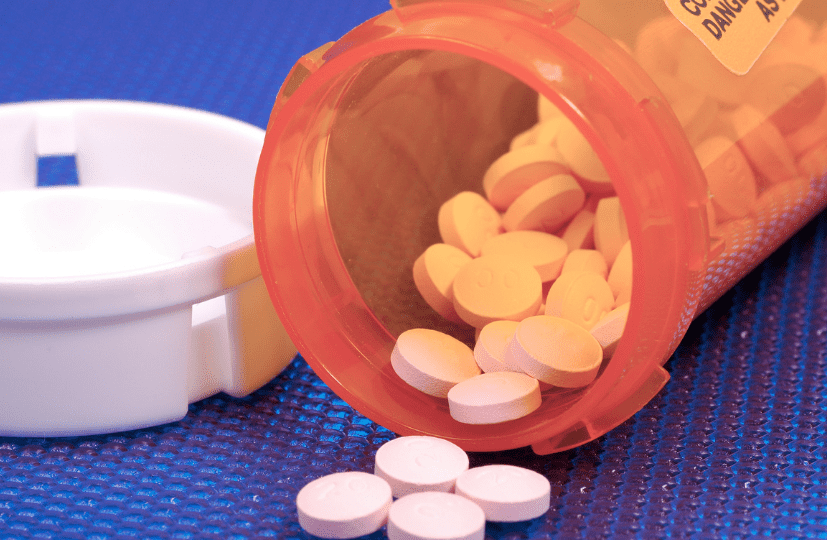
Is Someone You Love Using Gateway Drugs?
Unfortunately, there is no safe way to use gateway drugs. If you or someone you love is using gateway drugs, it’s time to seek treatment. To learn more about our treatment options, give Asheville Recovery Center a call today.

